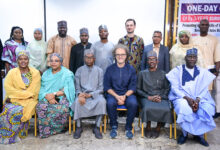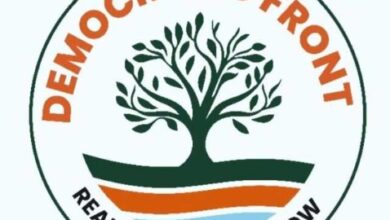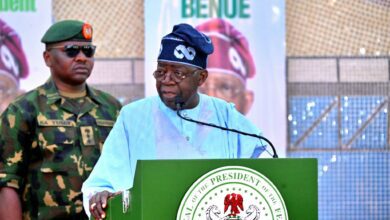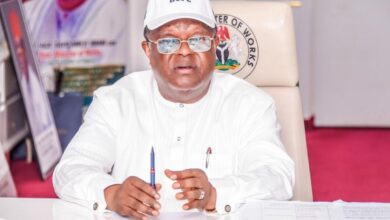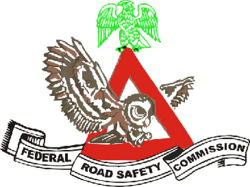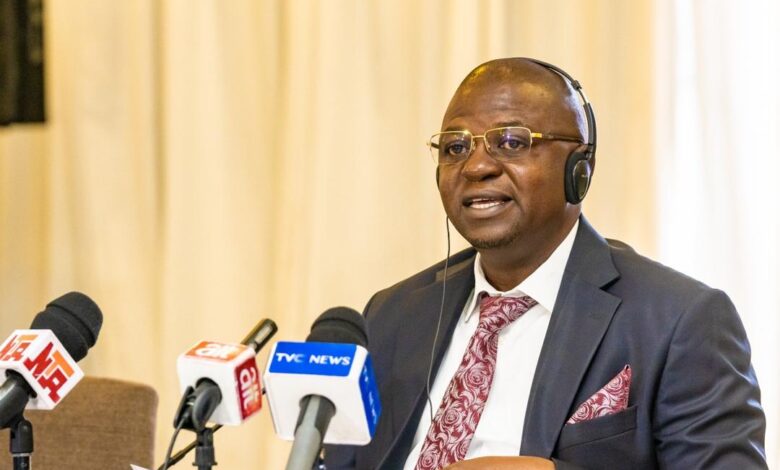
The Federal Government has reaffirmed its commitment to the provision of drinking potable water across the rural areas of the country.
Minister of Water Resources, Prof. Joseph Utsev restated this commitment on Friday at the opening of the 5th Ordinary Session of the Ministerial Monitoring Committee of the Permanent Framework for the Coordination and Monitoring of Integrated Water Resources Management (IWRM) in West Africa, held in Abuja, Nigeria.
Prof. Utsev said, the West Africa is blessed with abundance water resources which if properly harnessed and coordinated, would serve as a cornerstone for development.
“It will impact positively on health, education, tourism, food security and energy. However, lack of proper coordination will lead to underdevelopment and conflict among countries because activities of one country at the upstream could constitute danger to other countries downstream”, he noted.
The Minister thanked the leadership of the Water Resources Management Centre (WRMC) for selecting Nigeria to be one of the few West African Countries to benefit from the Year 2024 ECOWAS Special Project Implementation for Access To Drinking Water in Rural Areas.
“We are indeed grateful to you for this privilege and you can be sure that the Ministry will leverage on her expertise to ensure that the project is seamlessly delivered”, he assured.
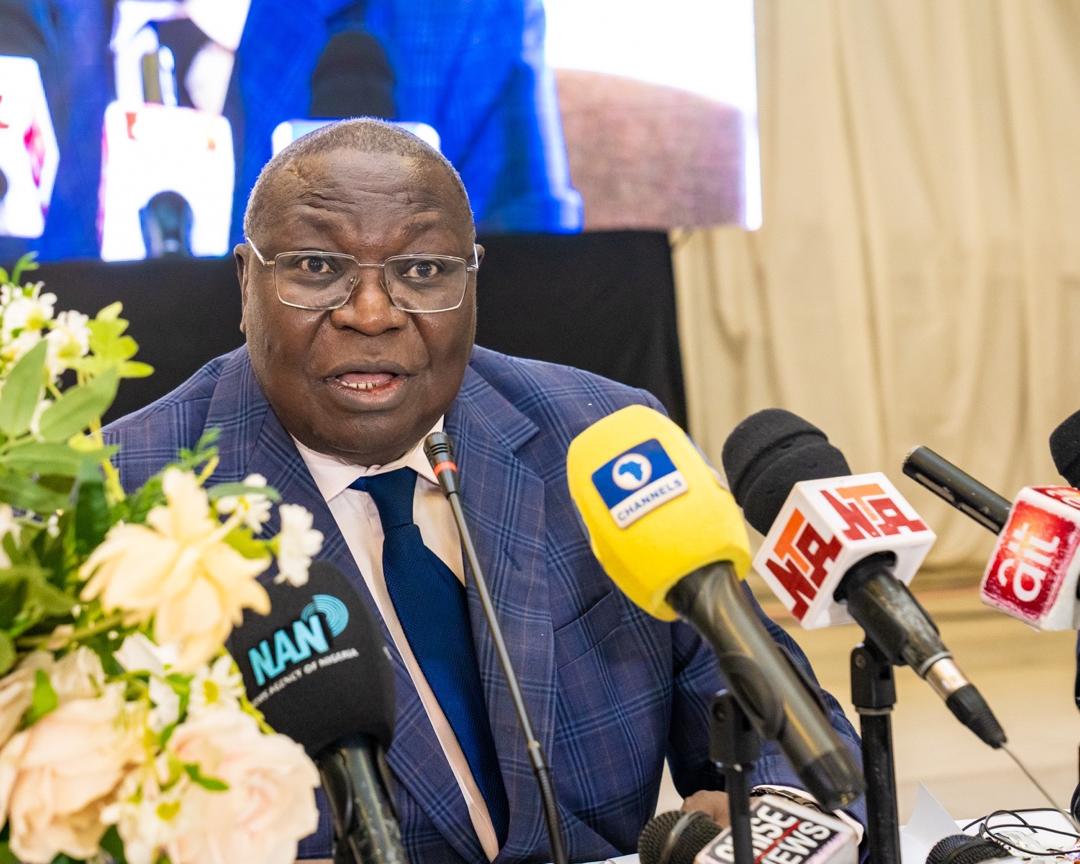
Speaking on the project, the Minister explained that, “We Nigerians wrote to the ECOWAS Community for the provision of Drinking Water for our rural communities, knowing the importance of water to life, and that is why today we are here to discuss the various issues on ground.
“This meeting is the 5th Integrated Water Management in the West African States of Africa. So we are today taking decisions on all things that we need to put on ground, in the execution, procurement and other issues that we need to discuss that are water related”, he said.
Prof. Utsev highlighted the key initiatives to be discussed at the meeting to include, The draft ECOWAS – WRMC Strategic Plan 2020 – 2030; The draft Directive on the Development of Water Infrastructure in West Africa; The draft guideline on the management of shared water resources in West Africa; The revival of the programme for the promotion of new trans-boundary basin organizations in West Africa; The institutional study for a reform of the PFCM; and The operationalization of the regional water observatory.
He expressed confidence that with the cream of experts and well experienced technocrats in the meeting, far-reaching recommendations and resolutions that would reposition the nation’s water sector in particular and West Africa in general would be harnessed.
He, however, emphasized on the need for unity amongst member states in the West African sub-region, noting that “to truly see growth in the sub-region, we need to be united and work as a team especially when it comes to the management of our water resources, both surface and underground.
“The sub-region has a great amount of potential, and through working together, we can foster a region that can solve its challenges – from climate change, poverty, unemployment, inequality, and more”, he said.
Earlier, the Commissioner for Infrastructure, Energy and Digitalisation, ECOWAS Commission, Mr. Sediko Douka said, Funds have been earmarked to put in place potable water in the rural and urban areas in some select countries within the ECOWAS region.
“We targeted some countries to give us a list of localities to implement this regional programme. So, Nigeria is the biggest one. The country has sent us the list. You know it is a process, so we are in a process of procuring a contractor that will implement the programme. It is a yearly programme, so this year, we will do a part, next year and so on, aimed at improving water access within the region, particularly in Nigeria”, he said.
On the share of Nigeria, he said, “we recognise that Nigeria is the biggest contributor in the ECOWAS Community levy, so obviously the share of Nigeria will be the biggest, because it is also proportional to the population, in terms of GDP, Population, community levy contribution, so Nigeria will have at least 55% of the global amount of this project”.
Mr. Douka said, the Abuja meeting, which is being held almost nine (09) years after the Dakar meeting in November 2015, is of utmost importance.
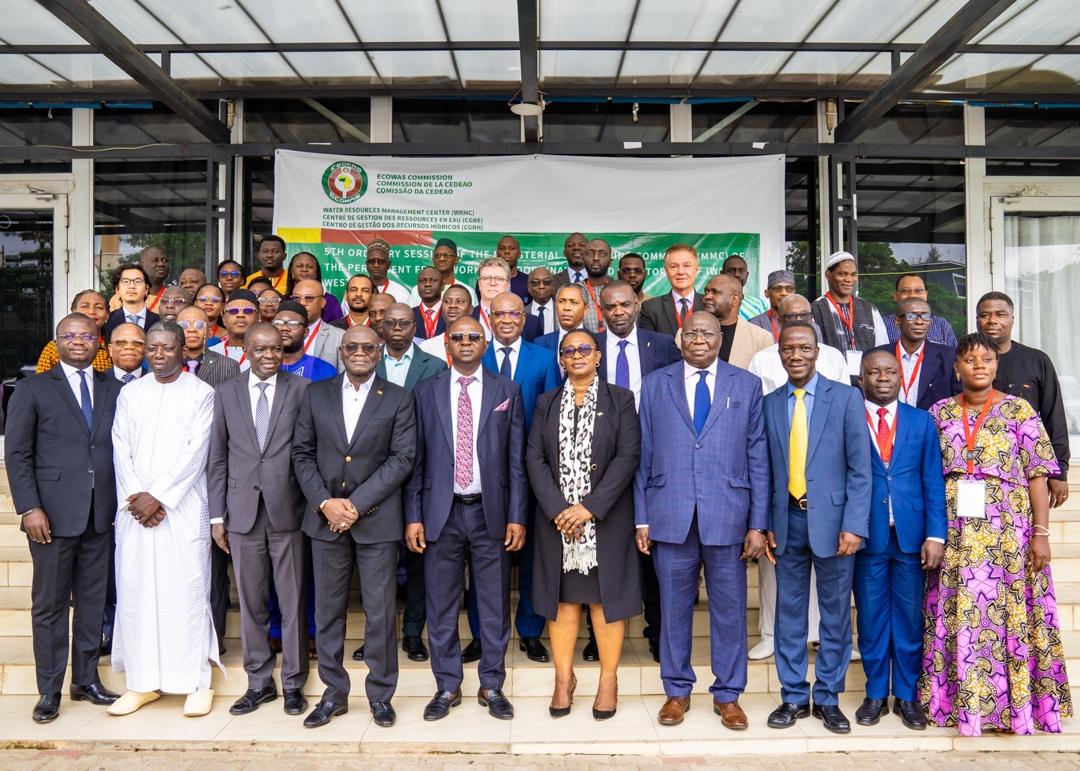
“It aims to revitalize the Permanent Coordination and Monitoring Framework (PCMF) of IWRM in West Africa and to assess the implementation status of the West Africa Water Resources Policy (WAWRP) adopted in December 2008 by the ECOWAS Conference of Heads of State and Government.
“The WAWRP represents a unique experience in the development of a common sectoral policy for West African regional integration organizations (ECOWAS-WAEMU-CILSS)”, he noted.
The 5th Session of the Ministerial Monitoring Committee (MMC) was attended by the Ministers in charge of water resources of the 15 ECOWAS Member States and the ECOWAS Commissioner in charge of water resources.
The Meeting aims to give new impetus to the regional IWRM process in West Africa with the main objective of revisiting the regional IWRM process in West Africa and identifying promising work prospects, taking into account the developments recorded in the region in terms of water resources management since 2015.


